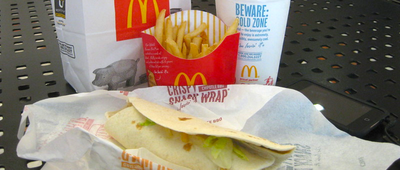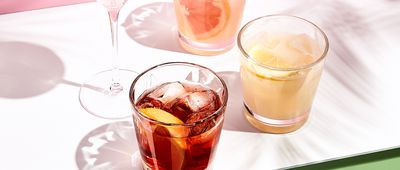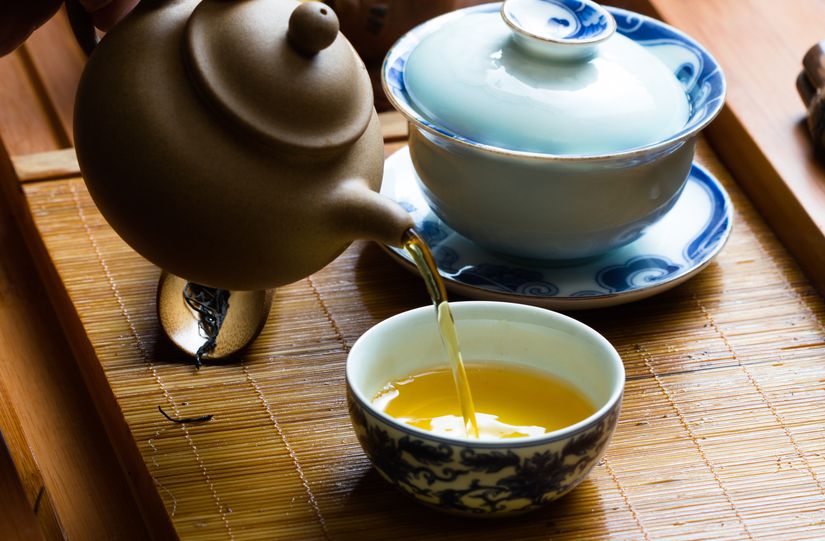Call it Magic
Stepping on a crack, walking under a ladder, opening an umbrella inside — you don’t have to be particularly superstitious to know that certain actions have unsavory reputations. But if you thought your kitchen was a safe space, think again.
Across the world, cultures have deep-rooted culinary superstitions, both good and bad, that dictate how and when certain ingredients and utensils are used. From grapes at midnight on New Year's Eve to the proper handling of eggshells and tortillas, here are more than a dozen food superstitions from around the globe.
























